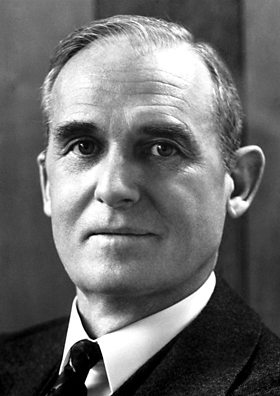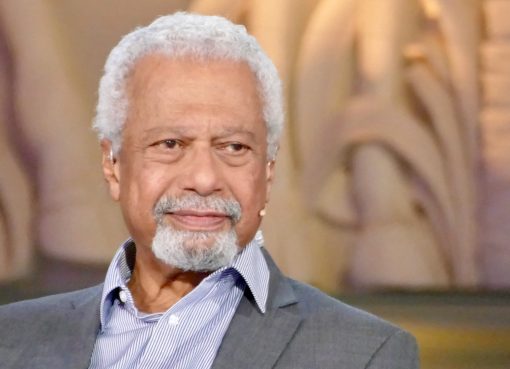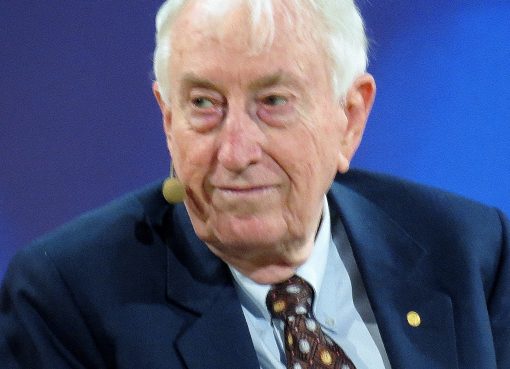For the first issue of the year 2024, bringing to you the life story of a renowned scientist in the field of chemistry, who won the Nobel Prize in chemistry in the year 1949 for his contribution in the area of chemical thermodynamics, particularly concerning the behaviour of substances at extremely low temperatures. He was born on 12 May 1895 in Niagara Falls, Canada of U.S. parentage as the first child of William Tecumseh Sherman Giauque and Isabella Jane Duncan. Yes, I am talking about Dr. William Francis Giauque.
During late 1800s, the family moved to Michigan in US and Young William attended primary school in Michigan. Following the death of his father in the year 1908, the family returned to Niagara Falls where he pursued his secondary education. After graduation, William Giauque decided to discontinue studies and looked for job opportunities because of financial reasons. He was fascinated to become an electrical engineer and therefore was looking for a job in the related area to obtain some hands-on experience before getting registered in an engineering school. William’s quest for a job in the area of his choice in Niagara Falls unfortunately couldn’t get any positive traction. Subsequently, he joined Hooker Electro-Chemical Company in Niagara Falls, New York as an assistant in a chemical plant. During his employment in Hooker Electro-Chemical Company, William Giauque developed interest in chemistry and decided to pursue his career farther in the field of chemistry. He worked in the company for two years and joined College of Chemistry under the University of California. He obtained B.S. degree in the year in 1920 with the highest honours and then became a University Fellow (1920-1921) and James M. Goewey Fellow (1921-1922) to finally complete PhD in chemistry the year 1922. Dr. William joined University of California as an instructor of chemistry in 1922. He continued this academic career to finally become a full professor of chemistry in the year 1934. During PhD research, Dr. William developed interest towards fundamental research in the field of physical chemistry and pursued this further. He guided many students and published many high impact research papers principally in the field of physical chemistry and behaviour of matter in sub-zero temperatures. His contributions in the field of chemical thermodynamics received the highest level of professional recognition as the winner of the Nobel Prize in chemistry in 1949. This Nobel laureate remained associated with many professional bodies even after his retirement and breathed his last on 28 March 1982.




